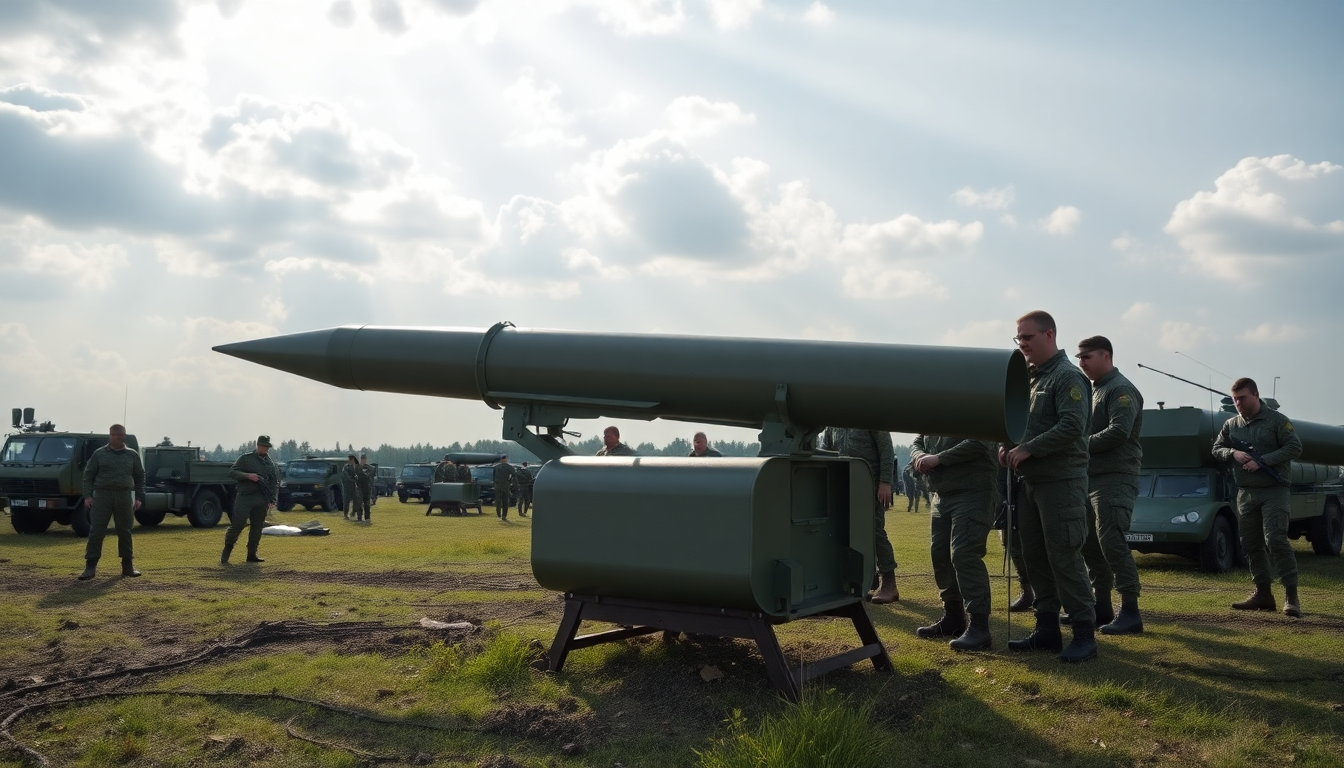Table of Contents
With tensions rising in Eastern Europe, Germany is stepping up to significantly boost Ukraine’s defense capabilities. Recent remarks from German Chancellor Friedrich Merz reveal a strong commitment to equipping Ukraine with advanced military assets, notably long-range missiles. This decision comes hot on the heels of an agreement between the United States and NATO to ramp up military support for Ukraine, largely financed by European nations. As events unfold, the impact of this support could reshape not only Ukraine’s situation but also the larger geopolitical landscape.
Strategic Military Support for Ukraine
During a recent press conference in the U.K., Chancellor Merz stressed the urgent need for Ukraine to obtain deep strike systems to enhance its defensive capabilities. He assured that these systems would be delivered soon, with operational readiness expected in just a few weeks. This quick turnaround highlights the pressing concerns European leaders have regarding the threats posed by Russian aggression.
Meanwhile, U.S. President Donald Trump announced that parts of the Patriot missile defense systems would be arriving in Ukraine within days. However, the logistics of these transfers have raised eyebrows. NATO’s Allied Air Command leader, Alexus Grynkewich, confirmed that preparations are already in motion in collaboration with German officials. This situation showcases the collective efforts of NATO allies to bolster military readiness in the region.
The Importance of International Cooperation
Conversations between Germany and the U.K. extend beyond just military hardware; they underscore a broader commitment to security collaboration. British Prime Minister Keir Starmer emphasized the importance of collective action to tackle the challenges posed by Russia’s behavior. The newly signed friendship treaty between the two countries strengthens their commitment to deeper cooperation on security and defense, recognizing the significant threat Russia poses.
Additionally, Merz and Starmer pointed out the crucial need to apply economic pressure on Russia, aligning military assistance with strategic sanctions. This dual strategy aims to not only support Ukraine militarily but also weaken Russia’s economic influence, thereby enhancing the security of both Germany and the U.K. The pact signed in London identifies Russian aggression as the primary threat to both nations, reinforcing their unified stance.
Looking Ahead: Implications for Regional Stability
As Germany solidifies its commitment to supporting Ukraine, the implications for regional stability are profound. The expected military enhancements will not only strengthen Ukraine’s defenses but also send a clear message to Russia about NATO allies’ resolve. The upcoming weeks will be crucial as these systems become operational, marking a new chapter in European defense dynamics.
In conclusion, Germany’s commitment to supplying Ukraine with advanced military capabilities represents a pivotal moment in the ongoing geopolitical conflict. This strategic maneuver, paired with economic sanctions and international collaboration, reflects a robust response to the challenges posed by Russian aggression. As the situation evolves, it will be vital to keep an eye on the effectiveness of these measures and their impact on the balance of power in the region.


